Les vacances d’hiver approchent à grands pas et vous êtes peut-être en train de faire des plans pour cette période de repos ! Aujourd’hui, nous jetons un coup d’œil à nos archives pour avoir un aperçu des passe-temps et de la vie des hivers d’autrefois.
Commençons par ces étudiants à notre bibliothèque de droit dans les années 1960. On dirait bien qu’ils ont besoin d’une pause ! Je me demande ce que faisaient les étudiants de l’Université de l’Alberta pour échapper aux livres ?
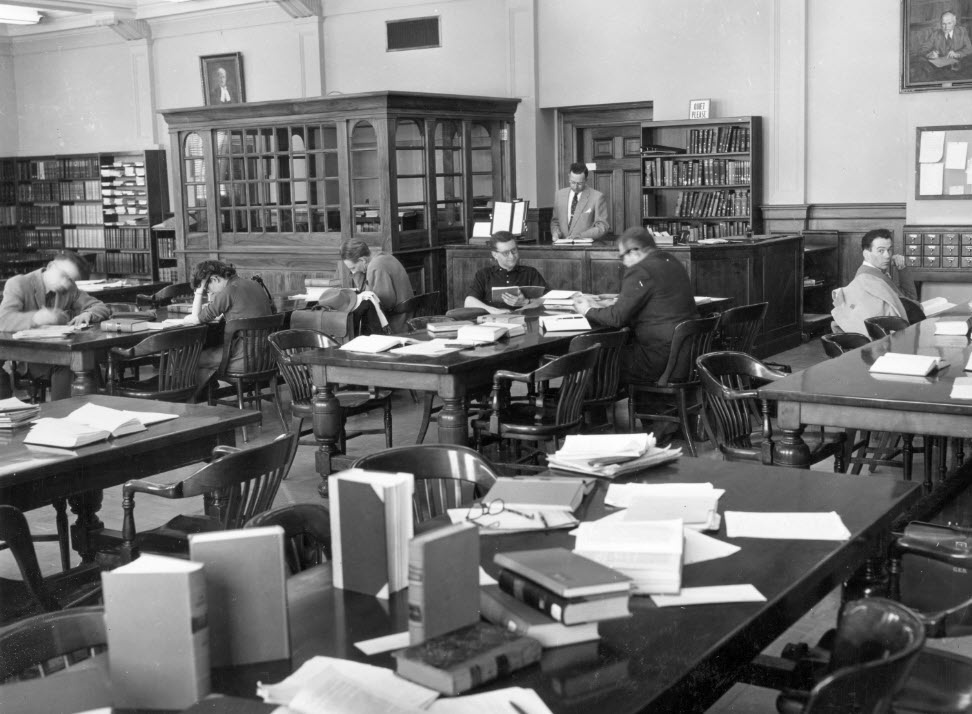
À en juger par ces images tirées des archives de l’Université de l’Alberta, ils dansaient, produisaient et assistaient à des pièces de théâtre et, bien sûr, il y avait toujours de nombreuses possibilités de faire du sport.
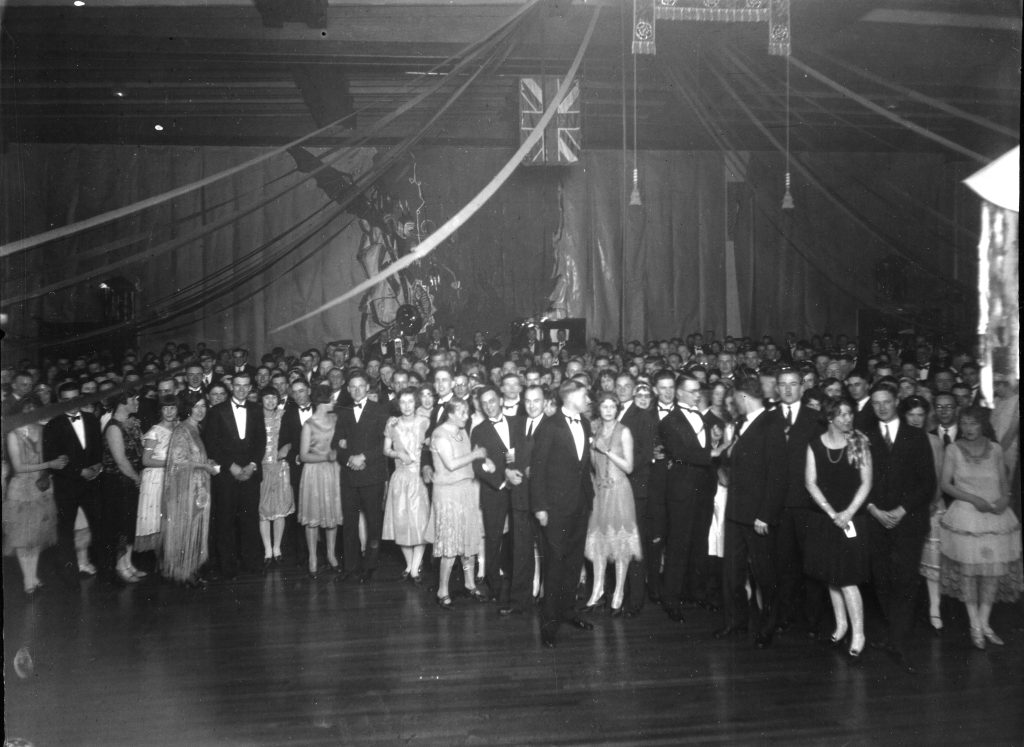

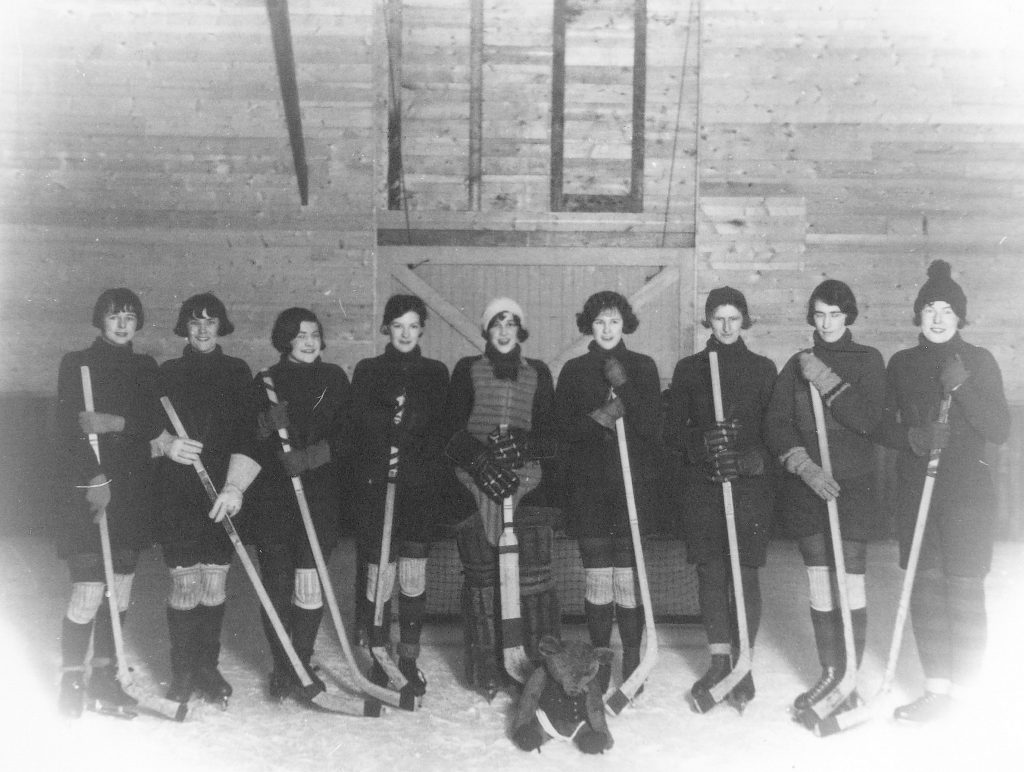
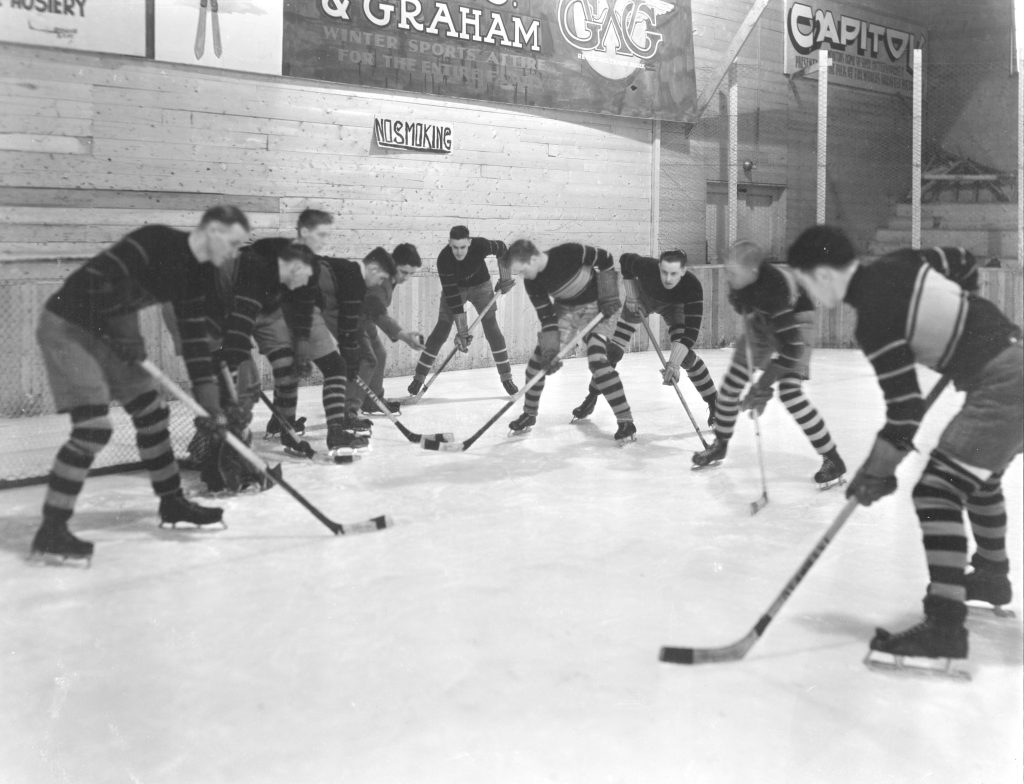
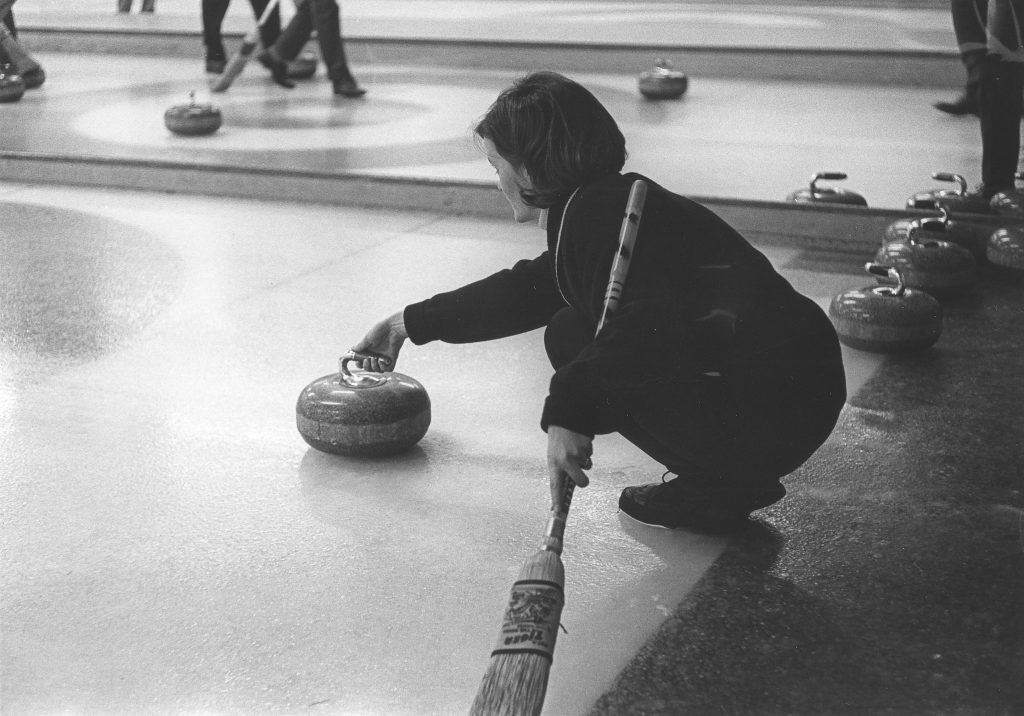
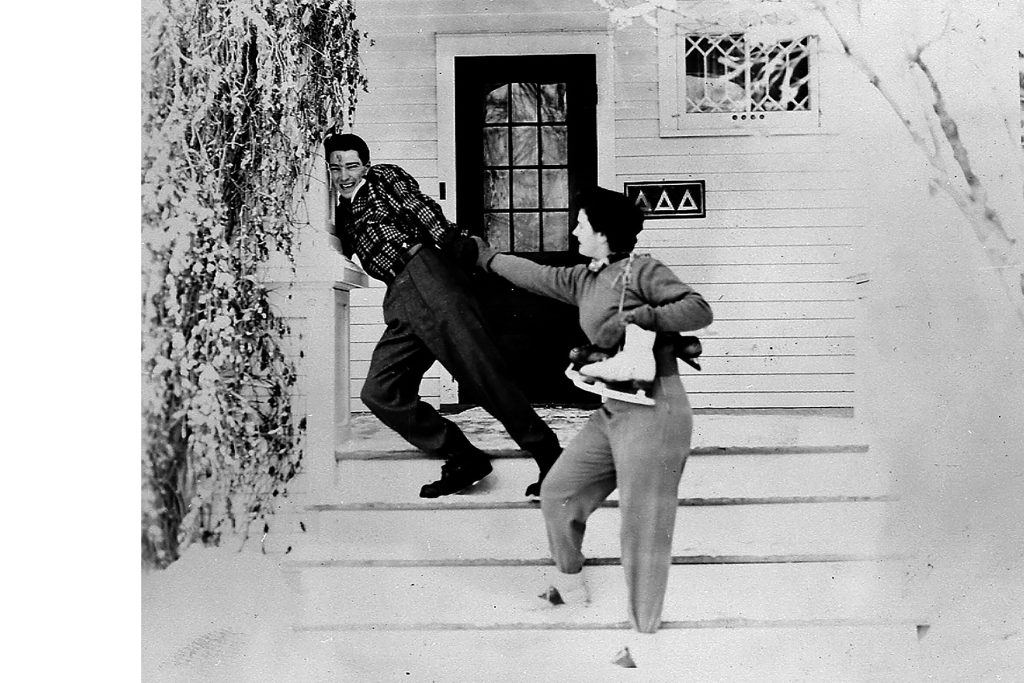
Ces images de la Prairie Postcard Collection nous emmènent au-delà de la vie du campus et racontent une autre histoire. Les prairies en hiver étaient froides et la vie était parfois dure, mais il y avait aussi du temps pour la beauté et le plaisir. Jetez un coup d’œil…
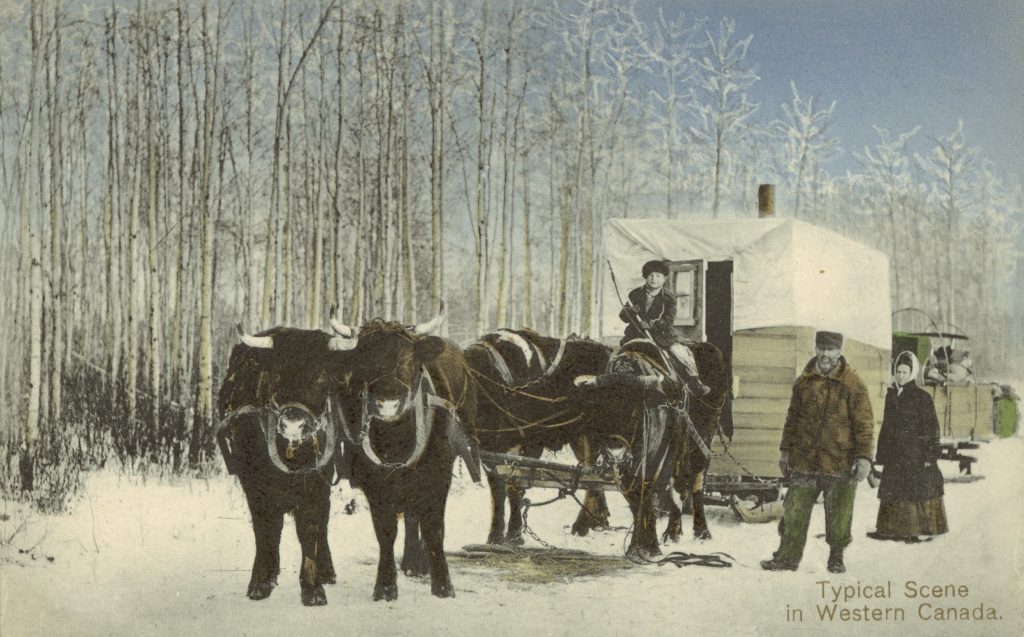
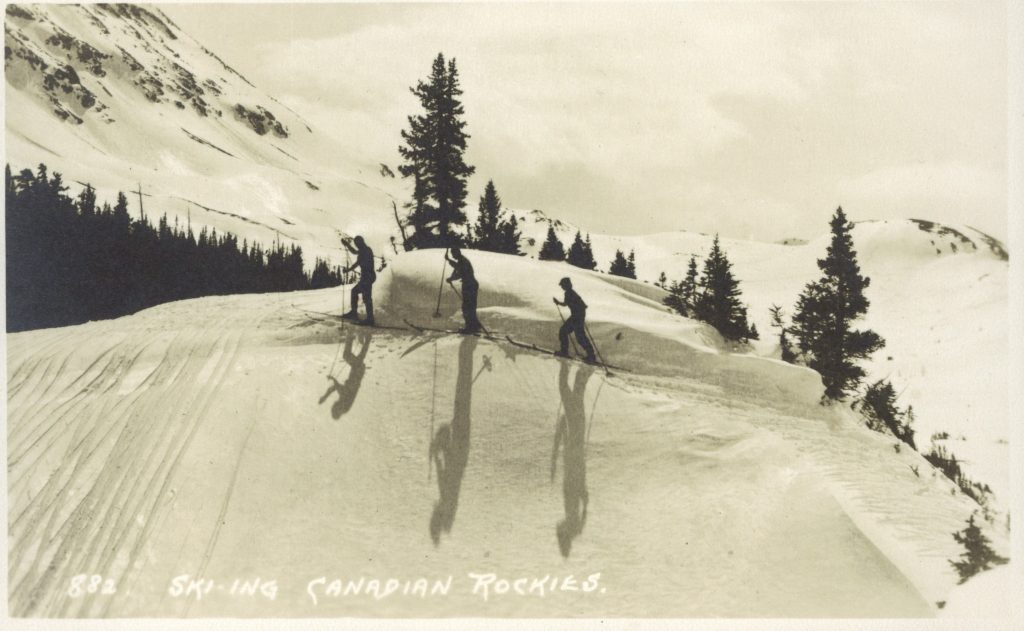
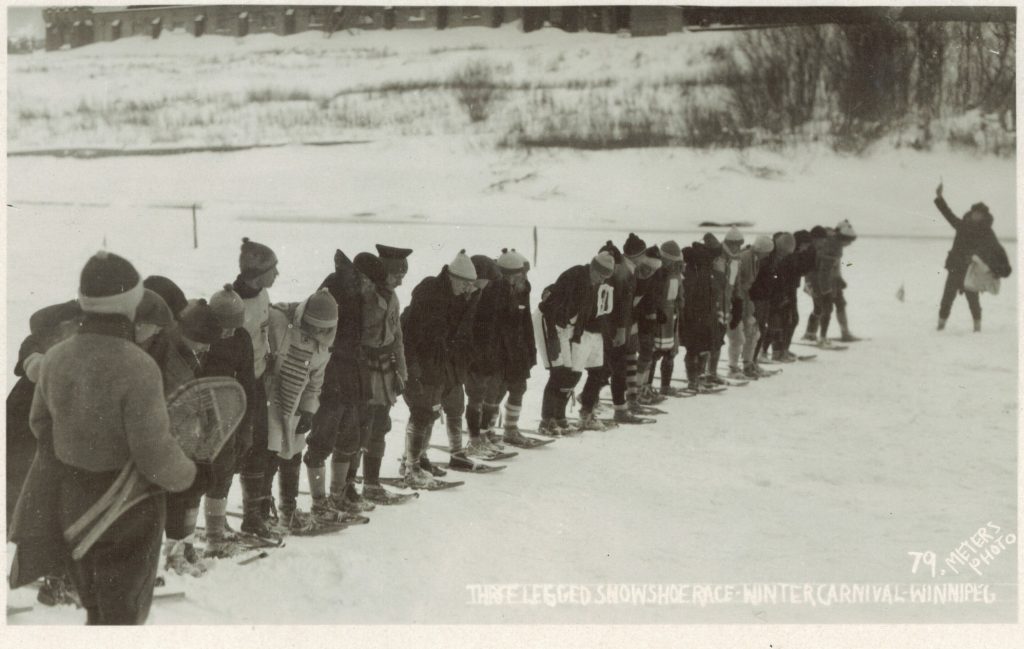
Carnaval d’hiver de Winnipeg c.1910
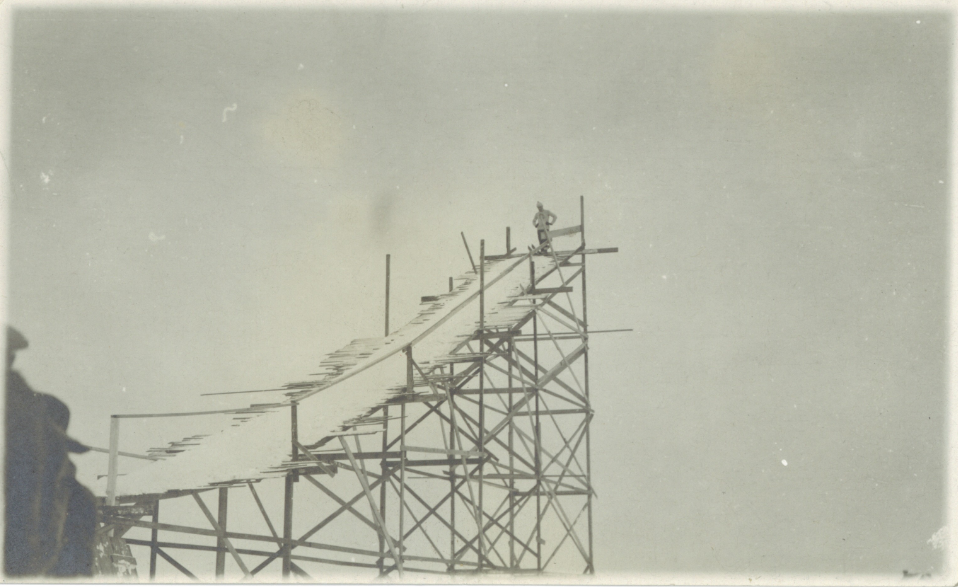
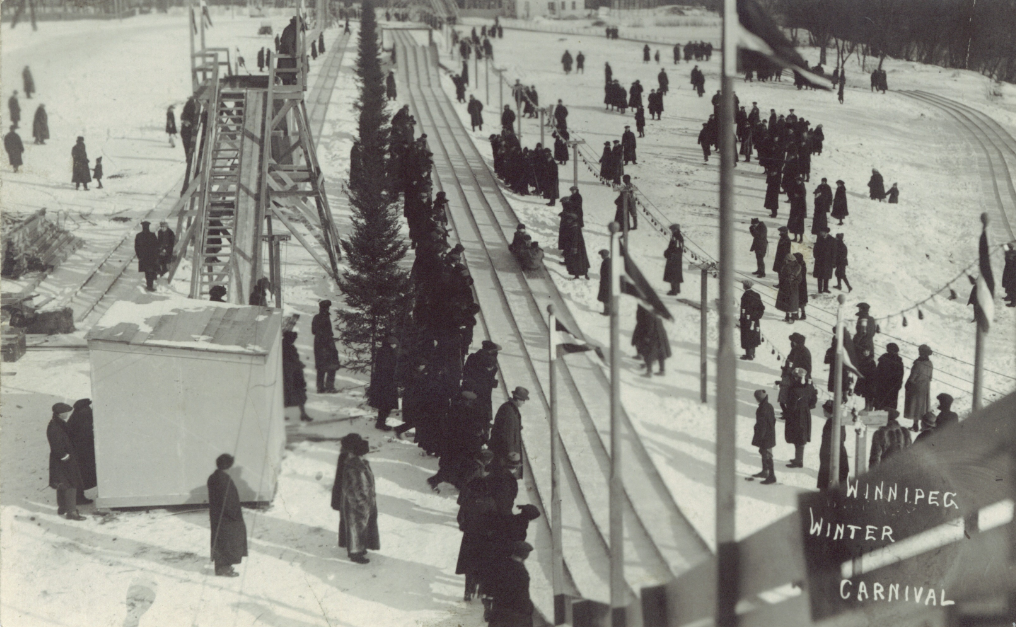
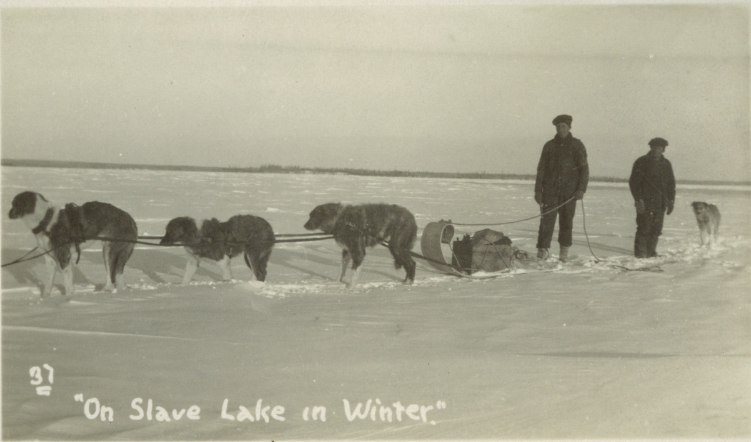

Ces deux compères ont revêtu leurs plus beaux costumes pour une photo prise le jour de Noël à Beausejour, au Manitoba (1912). Le message poignant au dos a été posté à un ami de Muncie, en Indiana. Certaines choses n’ont pas changé avec le temps : le temps froid et le sentiment de solitude de temps en temps…
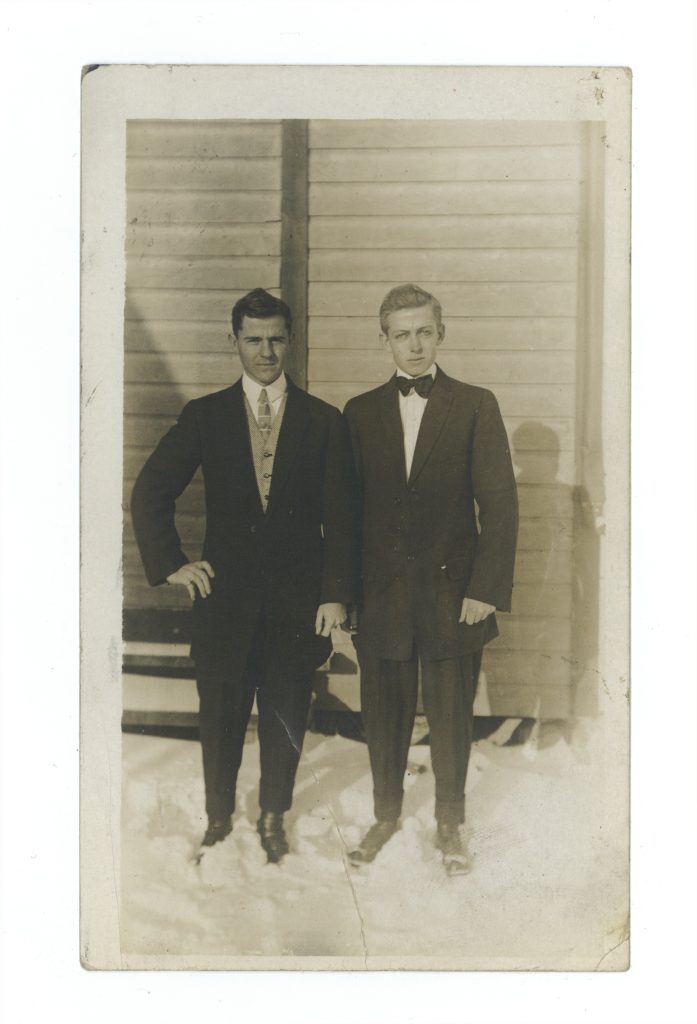
Bonjour Irish, j’ai eu deux semaines d’emploi stable et je m’en sors bien. On a pris cette photo le jour de Noël. Est-ce que ça ressemble aux deux Irlandais de Dutchman ? J’ai reçu une lettre de Ray l’autre jour, il fait vraiment froid ici. Je vous souhaite à tous une bonne année.
Je reste votre ami Johnnie W[etz].
Je me sens seul de temps en temps
Traduction du message au dos de la carte postale (PC000028)
Nous espérons que vous profitez de cette période de repos et nous nous réjouissons de vous accueillir à notre réouverture en janvier. Entrez et dites bonjour !
